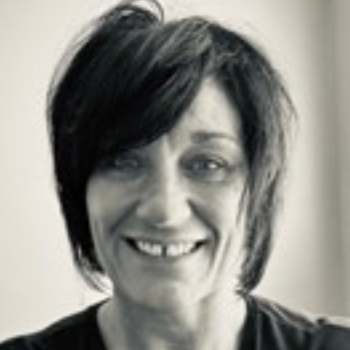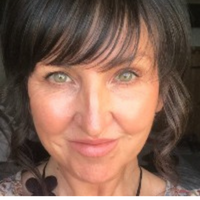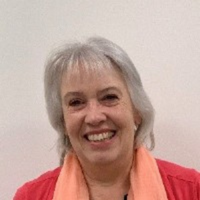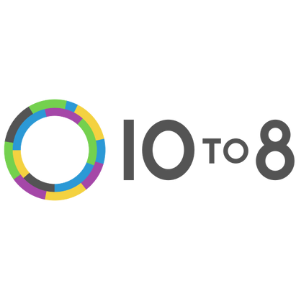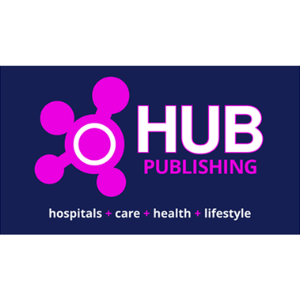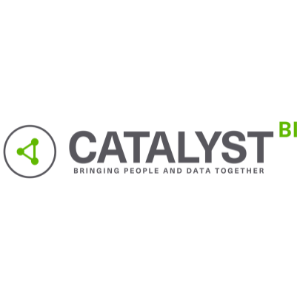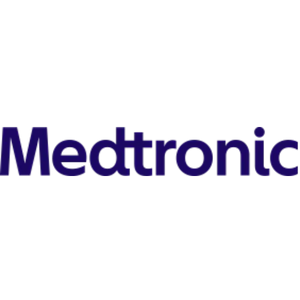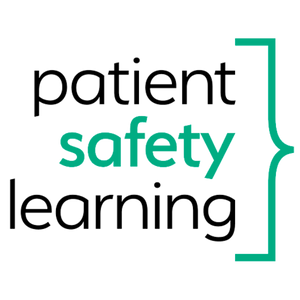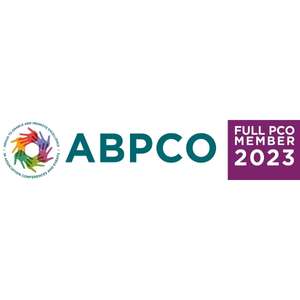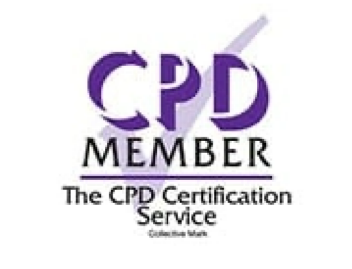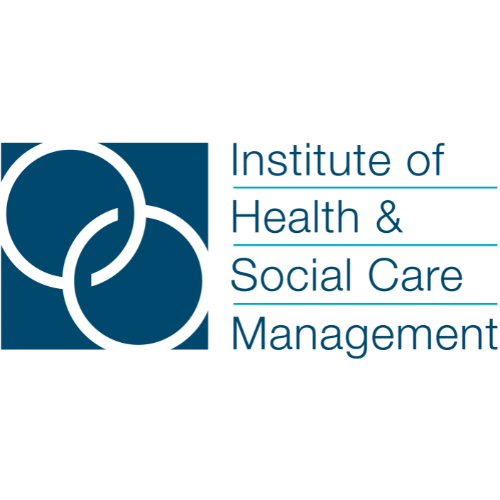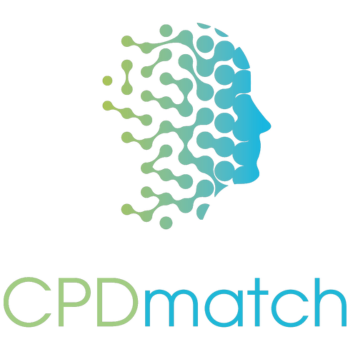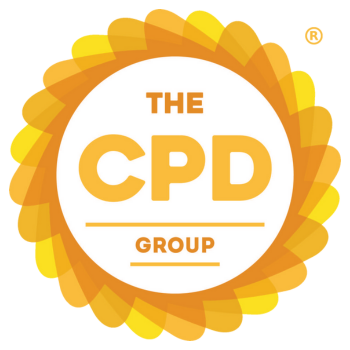The Agenda
10:50
NHS 111 First – North West
Daniel Hallen
Head of Digital Technology and Digital Urgent & Emergency Care
NHS England and Improvement – North West
A presentation that looks at the NHS 111 First programme in the North West and how it changed the patient experience, managed patient flow better and most importantly got the patient to the right place.
Questions
11:15
Triage is outdated – technology can help us make it better.
Dr Mark Harmon
Chief Brand & Strategy Officer
eConsult
Krista Burslam
Clinical Director for Urgent Care
eConsult
The way we triage patients is outdated – sick patients are still not being identified and treated early enough. Safety should be our priority. Digital check-in and triage automation is already helping emergency departments across the UK to identify the sickest patients in their waiting room
Questions
11:40
This session will provide updates from the NHSX Urgent care team, we will discuss covid-19 response and innovation
Diane Baynham
Director of Digital Care Pathways
Coventry and Warwickshire ICB
Adnan Riaz
NHS 111 First Programme Lead
NHS Digital
Abdullah Jibrin
Programme Implementation Lead
NHSX
Digital Urgent and Emergency Care will provide a whistle stop overview of the progress to date, recent digital developments to support covid-19 and the next steps.
System to system interoperability is a key element across the sector to support our patients as they move between services, as well as providing timely and pertinent information to clinicians providing their onward care. Diane and her team will provide you with some important updates and developments in this area as we consider what this means for you within your work area
Questions
12:05
Finding the right pathway: Improving access for patients with syncope: From the Emergency Department onwards…
Jayne Mudd
Nurse consultant in cardiac rhythm management
James Cook University Hospital
Syncope is very common, affecting up to 50% of the population at some stage of life. It causes 3% of emergency department (ED) attendances and 1% of all admissions to hospital. Collaboration between ED’s and blackout services via dedicated pathways can improve access to diagnosis and reduce inappropriate hospital admission.
Questions
12:30
Interactive session with NHS case studies and customer success video
Jacob Buckland
Head of Business Transformation
10to8
How a Booking System is Modernising and Transforming Patient Flows Across NHS Trusts.
Hear how an NHS Trust doubled its booking volume in just six months while saving the administrative team 28 days of manual scheduling work each month.
NHS Trusts are using the 10to8’s booking and reminder system to transform and manage clinic appointments, Covid-19 testing, and vaccinations.
In this session we’ll describe the improvements they’ve made through the Covid-19 waves and lockdown, and how they’re rolling out the solution enterprise-wide to future-proof themselves.
Hear about their successes around seamless remote consultations, streamlined workflow management, improved patient engagement, and increased appointment attendance.
Questions
12:55
‘Every Day Counts’: Supporting Patient Flow by Implementing the Discharge to Recover then Assess Model in Wales
Lynda Chandler
Quality and Performance Improvement Manager (Unscheduled Care)
NHS Wales Delivery Unit
William Oliver
Assistant Director – Contact Tracing
NHS Wales Delivery Unit
We know that supporting people to recover and then be assessed for onward care in the ‘right place’ achieves better outcomes for individuals, avoids over-prescription of formal care and supports patient flow.
Implementation of what appears to be a simple model has, of course, been more complex in reality, incorporating interfaces across primary, community, secondary and social care.
This presentation explores the journey to implementation in Wales so far, reflecting on lessons learnt during the Covid-19 pandemic and looking forward to the next steps that need to be taken to fully embed the D2RA ethos.
Questions
13:20
From Nothing to Everything – Enhancing patient follow, improving collaboration and delivering accurate decisions.
Jenni Woods
Health & Business Intelligence Lead
NHS Tayside
Before 2019, NHS Tayside were reliant on multiple spreadsheets, scrap pieces of paper and word of mouth to assist them in managing their patient flow across the various hospitals, which included three acute sites and over 1,000 hospital beds. The hours wasted on the phone by staff nurses and on-call duty managers having to arrive on site struggling to source accurate bed status’s was becoming a huge drain on the Trusts resource. In this presentation, Jenni Woods Health & Business Intelligence Lead (HBI Team) will take you through their journey of going from ‘Nothing to Everything.’ Since the implementation of Athena in January 2019, a solution consisting of live-view wall-mounted touchscreens feeding in live interactive data including patient level, live bed state, ED in, ED out and much more, NHS Tayside were able to tackle COVID-19 planning head on, providing rapid analysis for flow coordinators making on-the-ground decisions and enabling them to monitor the situation and deploy staff effectively across both COVID-19 and non COVID-19 pathways depending on fluctuating demand.
Using a combination of real-time data, predictive analytics and automated report distribution, NHS Tayside have been able to assist in improving patient flow, supports clinicians in patient centred decisions and enhance collaborative discussions and decision making between health and social care colleagues. Whilst also supporting services, management and Scottish Government with the information they need to create and enhance processes in the unique and challenging circumstances of the continued pandemic.
Questions
13:45
Supporting our local systems with their urgent COVID response; using a PHM approach including the RAIDR COVID dashboard
Ian Nicholson
Head of Clinical Commissioning Intelligence
North of England Care Support (NECS
We will present on how, by using PHM approach across County Durham, we enabled an effective response to COVID, using tools such as the RAIDR COVID dashboard to support the identification of vulnerable cohorts quickly and easily for health and care staff to then provide effective support and interventions for.
Questions
14:10
Is the drive to improve the quality of integrated urgent care being compromised by poor data quality?
Henry Clay
Director
Primary Care Foundation
The Primary Care Foundation have been commissioned by Practice Plus Group to look at whether we compare performance of urgent care providers across England. We have reviewed publicly available data sets and run two video conferences for urgent care leaders, supported by further 1:1 interviews. This session will present some of our initial findings and what steps might be taken to improve data quality, national metrics and drive improvements in care.
End of Day





